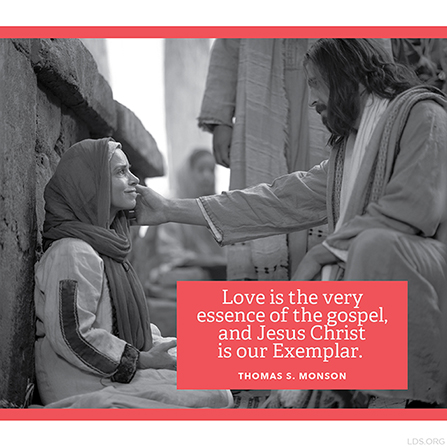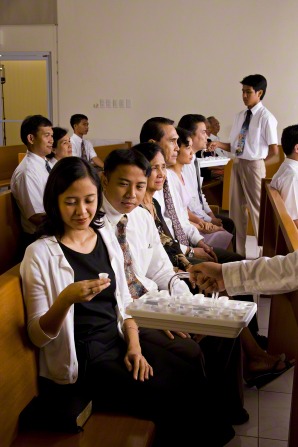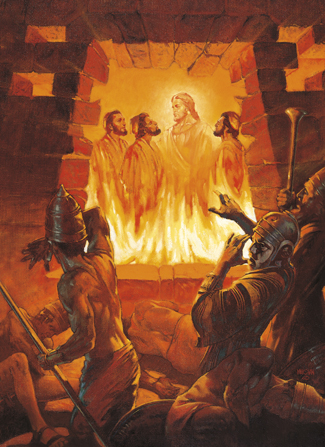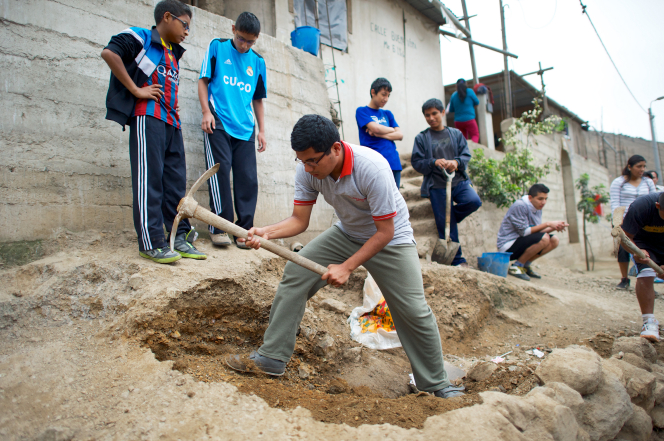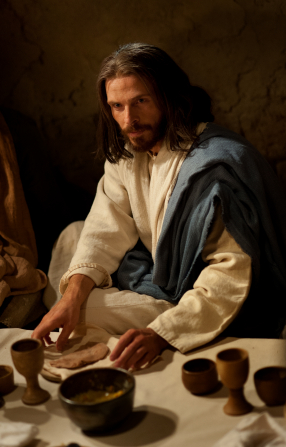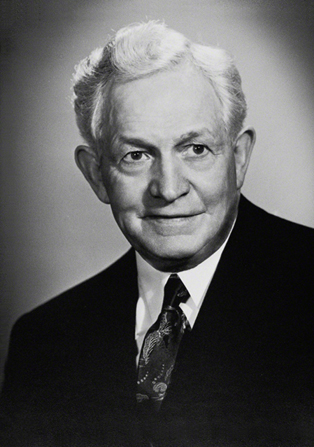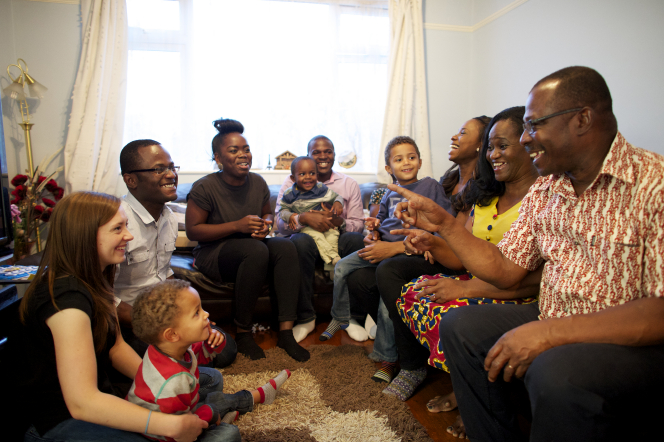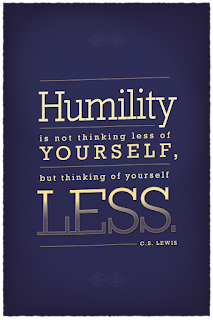Elder Cornish describes how inadequate and discouraged he often felt as a young medical student. A mentor reached out to him with encouragement during a particularly difficult time and believed in him when he did not even believe in himself.
Elder Cornish noted how many church members question if they are good enough as a person or wether they are worthy of the celestial kingdom. He says it is normal to "wonder if we are acceptable before the Lord." People may become discouraged and compare themselves to others feeling like they might never measure up. He encourages us to "stop comparing ourselves to others. We torture ourselves needlessly by competing and comparing. We falsely judge our self-worth by the things we do or don't have and by the opinions of others."
Many sisters shared various ways that women in the church compare themselves to others. We then discussed what we can do with those "things" that make us feel "less". Some thoughts shared included:
-When we compare ourselves to others we are often looking at someone's biggest strengths, compared with our weaknesses
-Remember to look back at how far you have com
-Use the accomplishments of others to set your own goals
-Appreciate what you have and be gentle with yourself. Help your children see how splendid they are in their own right
-We can offer and consecrate all we can to Christ, and appreciate what others offer as well
-Be careful not to pass judgment on others
Elder Cornish's advice to combat this is that "if we must compare, let us compare how we were in the past to how we are today- and even to how we want to be in the future." We can ask God what He thinks of us, but be aware that "He will only love and correct but never discourage us; that is Satan's trick."
He continues with emphasis: "let me be direct and clear. The answers to the questions "Am I good enough?" and "Will I make it?" are "Yes!" You are going to make it as long as you keep repenting and do not rationalize or rebel"
We must always remember that we have a loving Heavenly Father "who gave His Only Begotten Son that we might not perish but have everlasting life!"
Gordon B Hinckley taught: "All the Lord expects of us is to try, but you have to really try"
We must remember to apply the atonement both for our sins and for our weaknesses. Grace is also another principle that we can remember which gives us "heavenly help each of us desperately needs to qualify for the celestial kingdom."
We can ask the Lord to help us develop Christ-like attributes. Ideas were shared regarding things that can be done to draw closer to the Savior:
-Choose to trust in God and look to Him for the answer. When the waves come, don't let go of the rope that holds you to the rock.
-As we draw closer to God, we want to do what's right. We must rely on the atonement.
Elder Cornish reminds us that when we truly repent, we will really be forgiven. The consequences of our sins may remain for a long time but forgiveness is possible.
A challenge was given by our teacher to choose a couple things to do to help us draw closer to the Savior and help those around us.




